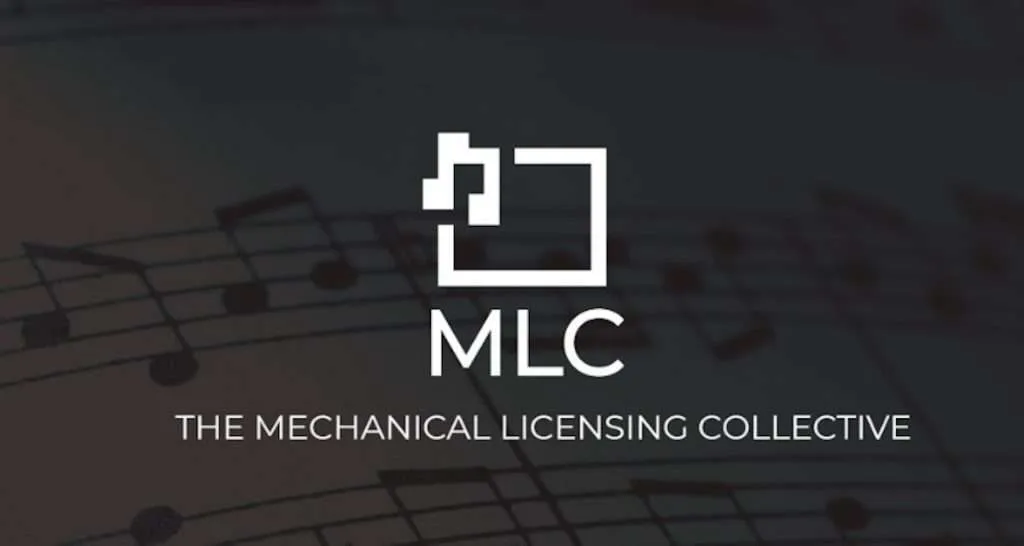
More questions than answers continue to surround the Mechanical Licensing Collective (MLC) as both royalty payouts and unallocated ‘black box’ holding accounts reach astronomical levels.
The Mechanical Licensing Collective, or MLC, is now trumpeting cumulative payouts of more than $1 billion to songwriters, publishers, and other compositional IP owners since its formal inception in 2020. That heady payout, however, is being rivaled by unallocated ‘black box’ royalty accounts that may also be approaching the $1 billion threshold.
Details of the $1 billion payout threshold, which the MLC has described as properly collected and paid to rights owners, emerged this morning (February 27th). But the organization did not disclose dollar figures related to its unallocated ‘black box’ accounts, and executives have repeatedly declined any comment to Digital Music News on the matter.
Earlier this month, MLC tax filings shared with Digital Music News revealed an ‘unmatched royalties’ account topping at least $521 million in 2021 alone, with similarly-labeled line items potentially placing total black box royalties held by the organization at more than $700 million.
In the filing, large tranches of unmatched funds were sprinkled across several accounts, each with vague identifiers. Per the “Other Liabilities” section of a nearly 30-page-long IRS filing for 2021, “Unmatched Royalties” totaled $561,773,734 at 2021’s end. But the Mechanical Licensing Collective’s “Funds on Account” tipped $109,611,436 in 2021, the filing indicated, alongside $46,546,630 worth of “Royalty Liabilities.” The various accounts suggested a possible unallocated ‘black box’ total of nearly $718 million for 2021 alone, a substantial increase over 2020-level holdings.
Executives at the Mechanical Licensing Collective have repeatedly declined to offer additional information on unmatched totals.
MLC chief executive Kris Ahrend has declined multiple requests by Digital Music News to clarify the specific black box amounts held by the organization. Also declining comment is chief marketing officer Ellen Truley, who initially offered to explain the amounts but has since declined to offer any information. According to one source close to the operations of the MLC, Ahrend receives an estimated annual compensation package of nearly $1 million.
The enormous fund totals, held in MLC accounts and not paid to any rights owners, raise serious questions about inefficiencies and bloat at the organization. In 2021, the group revealed that it had ‘ingested’ approximately $424 million in unmatched mechanical royalties, though those totals appear to be ballooning. The initial tranche of unmatched funds were funneled from a range of streaming and online music partners, whose mechanical payment obligations were redirected through the MLC.
The tranche of unmatched funds also raises questions about the MLC’s ability to properly license, collect, match, and remunerate rights owners for mechanical licenses across platforms like Spotify, Apple Music, and Amazon Music. The organization was founded in 2020 following the passage of the Music Modernization Act (MMA), which received rare unanimous votes in both the House of Representatives and Senate before being signed by then-President Trump.
Another sticky question relates to the interest revenue being generated from the massive, unmatched ‘black box’ tranche.
In the current high-inflationary economic environment, cash accounts can readily accrue annual payouts in the 3.5-4% range, if not higher, with liquidity levels of 100% possible. A theoretical tranche of $1 billion in unmatched, unpaid royalties would amount to a single-year payout of roughly $40 million. The MLC has not offered any details on accrued interest profits, including the possibility of redistributions back to platforms like Spotify, rights owners, or the MLC itself.
Questions also surround the deadlines for matching funds and what happens to amounts deemed permanently ‘unmatchable.’ According to the current protocol described to DMN, existing rights owners would receive a portion of unmatched totals based on current market share totals. That would result in significant payouts to the largest music publishers, albeit from catalogs they do not own.

